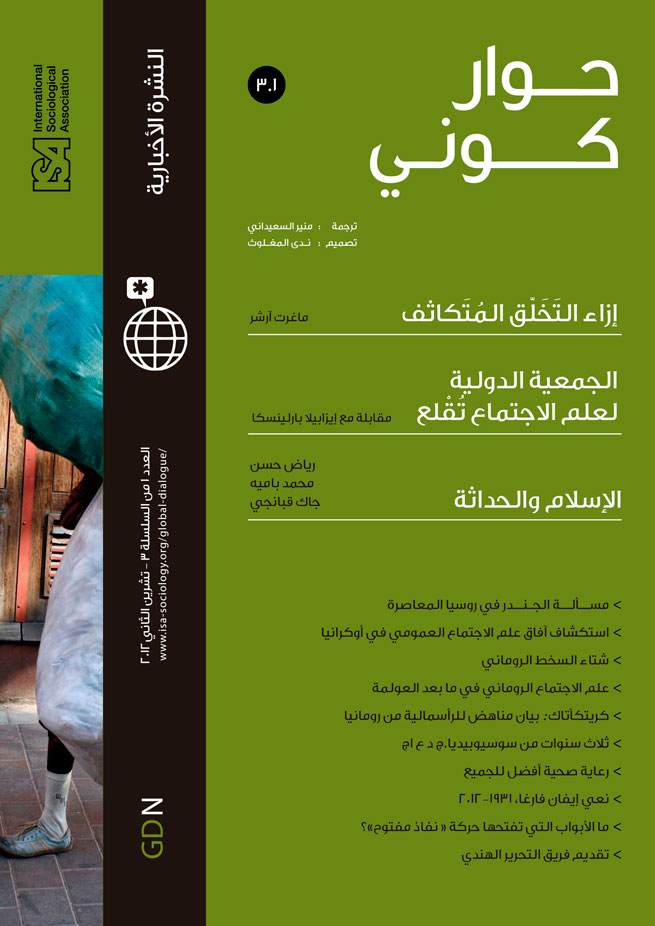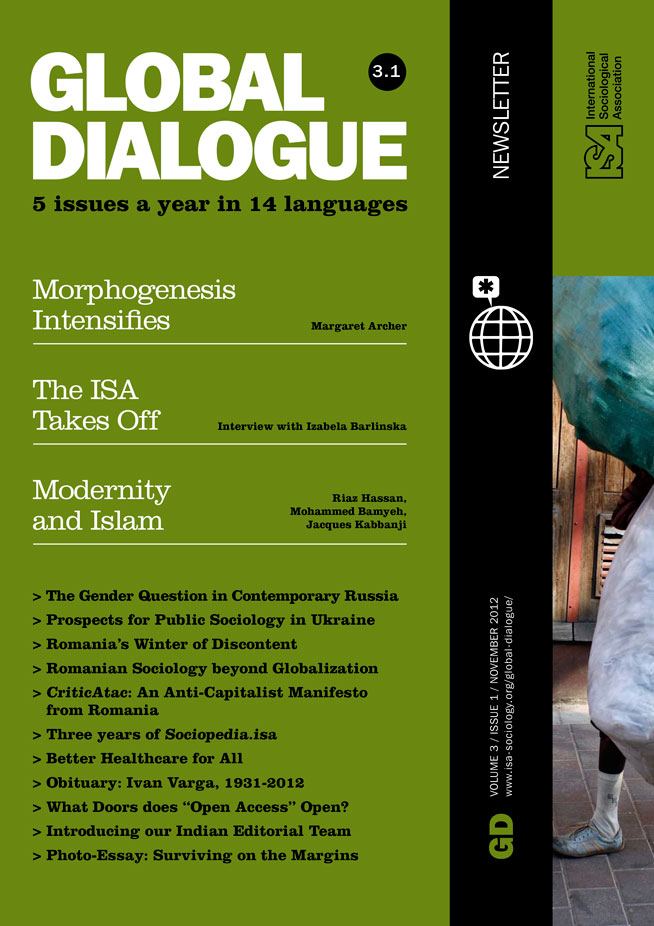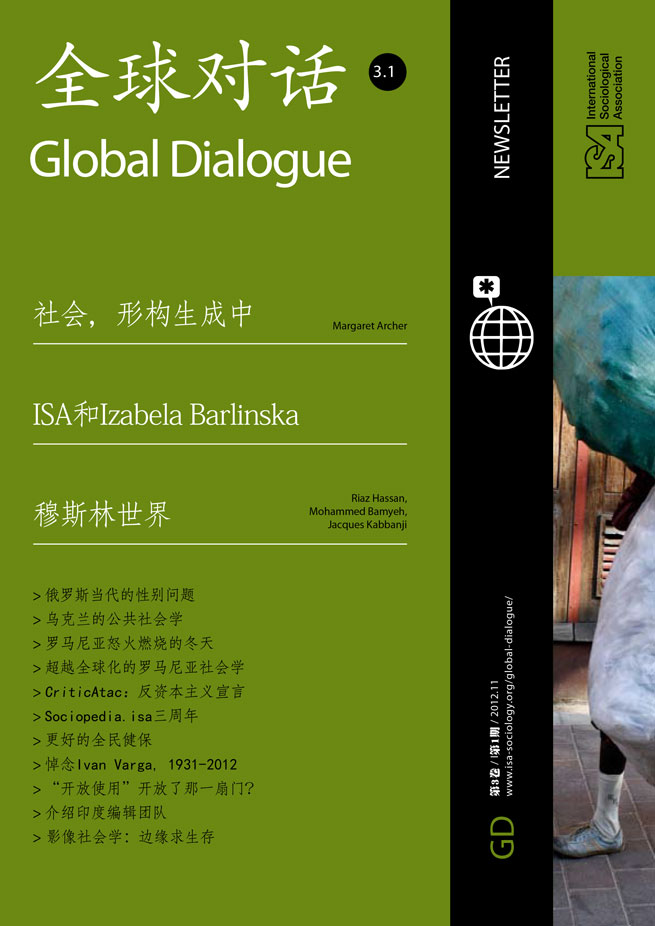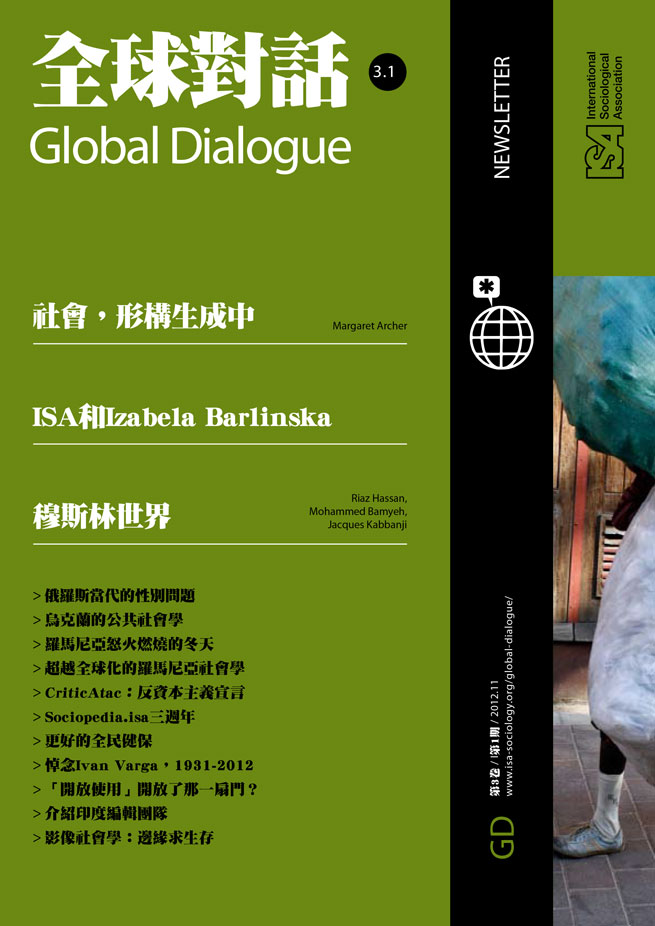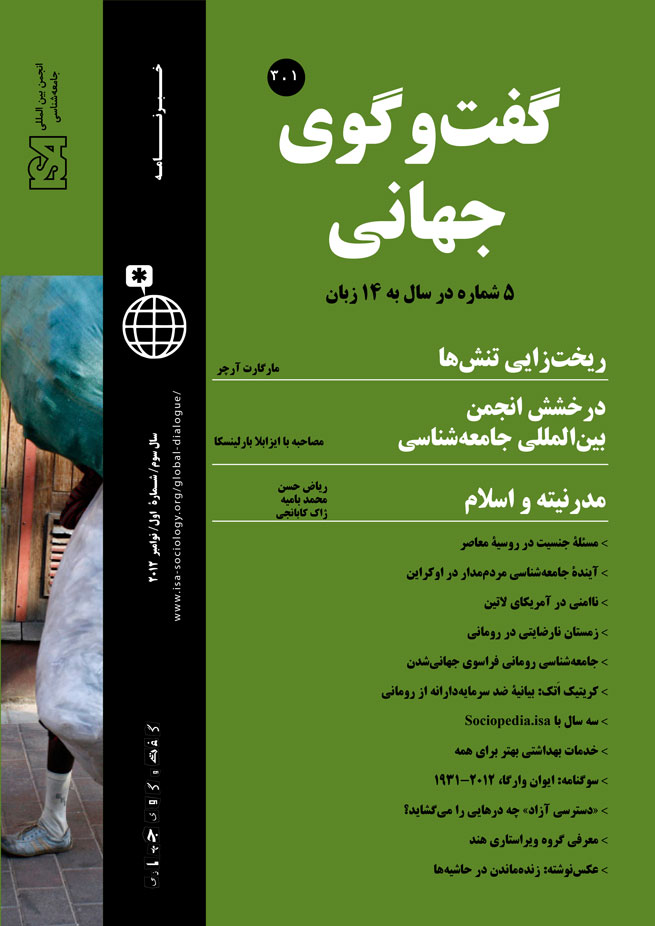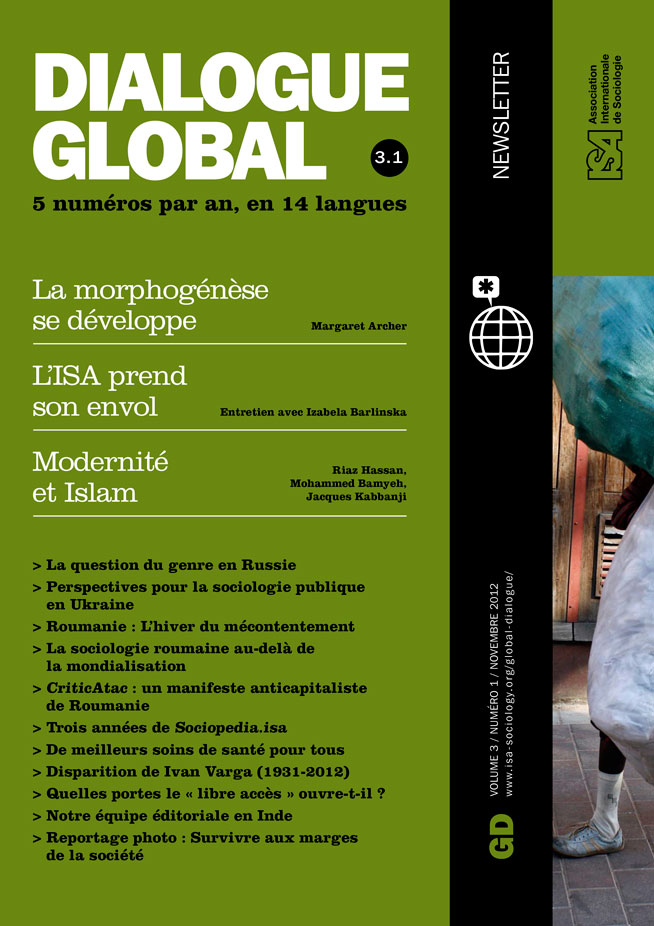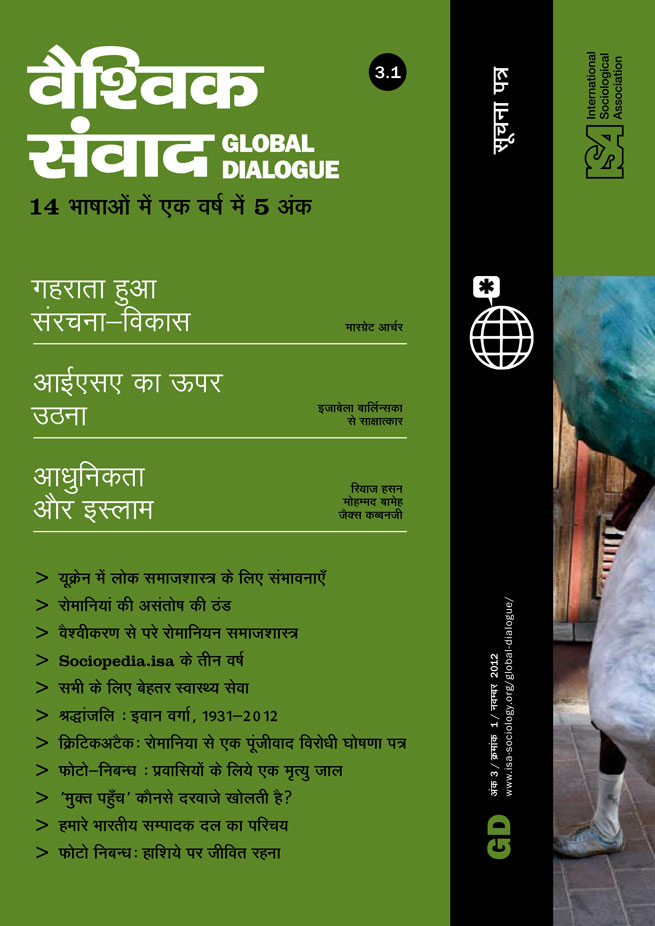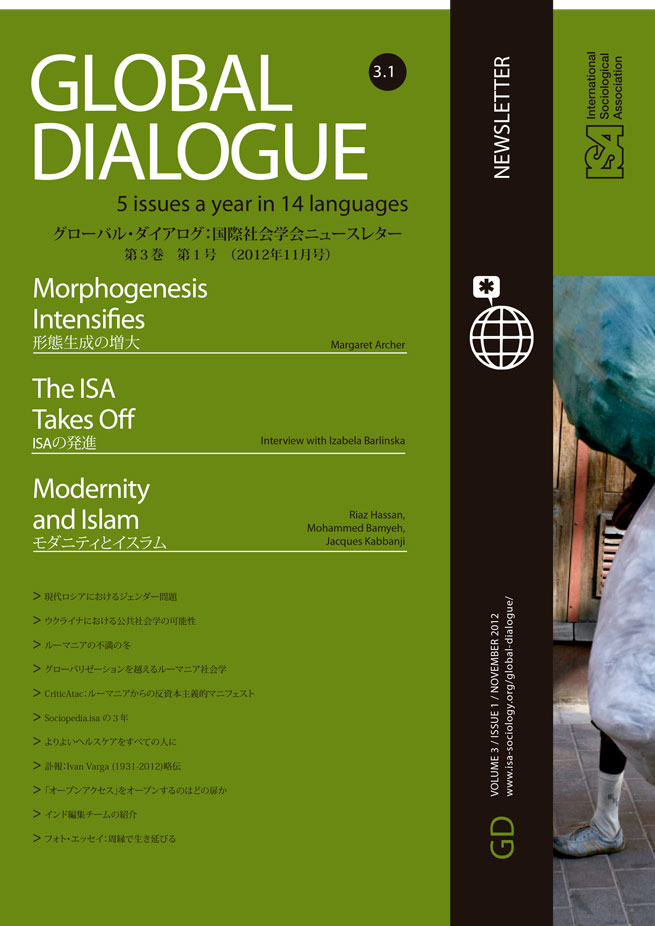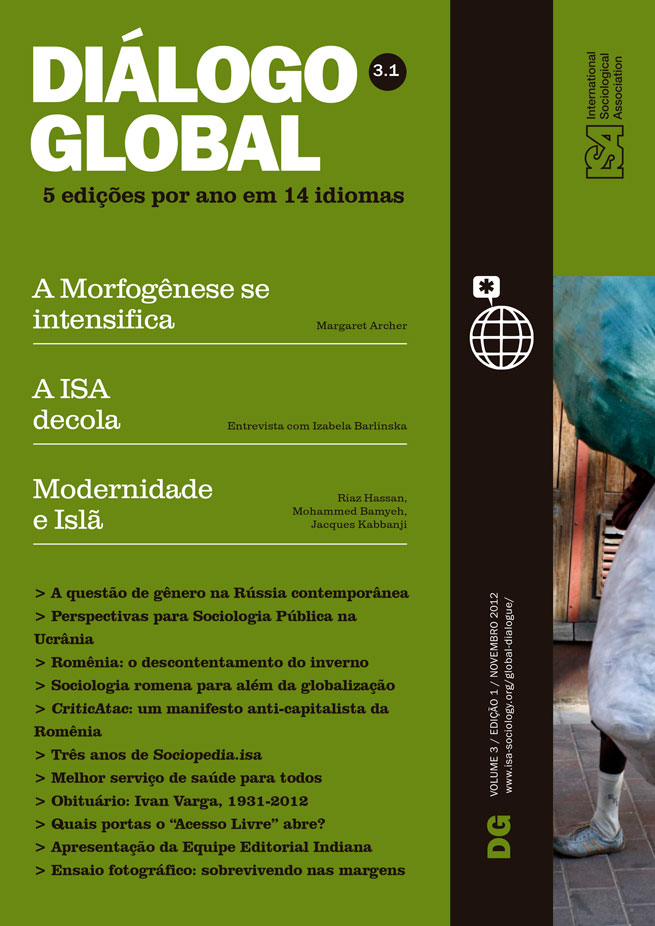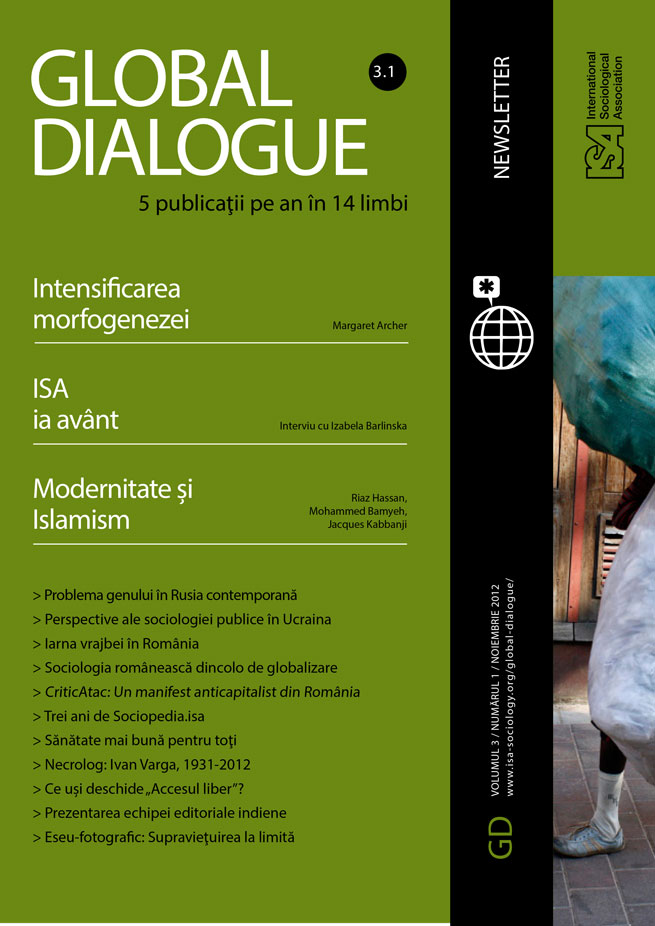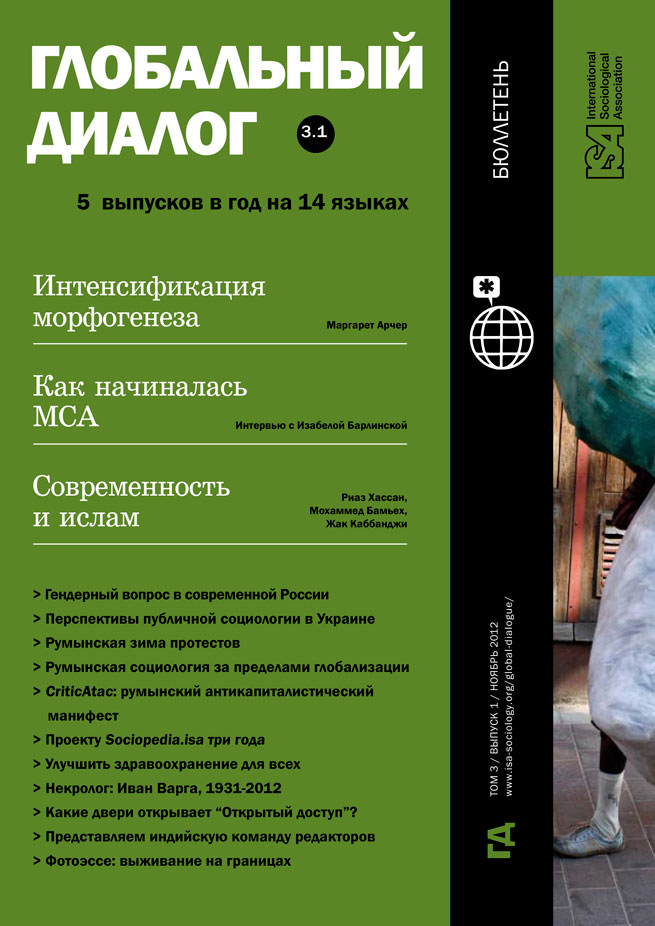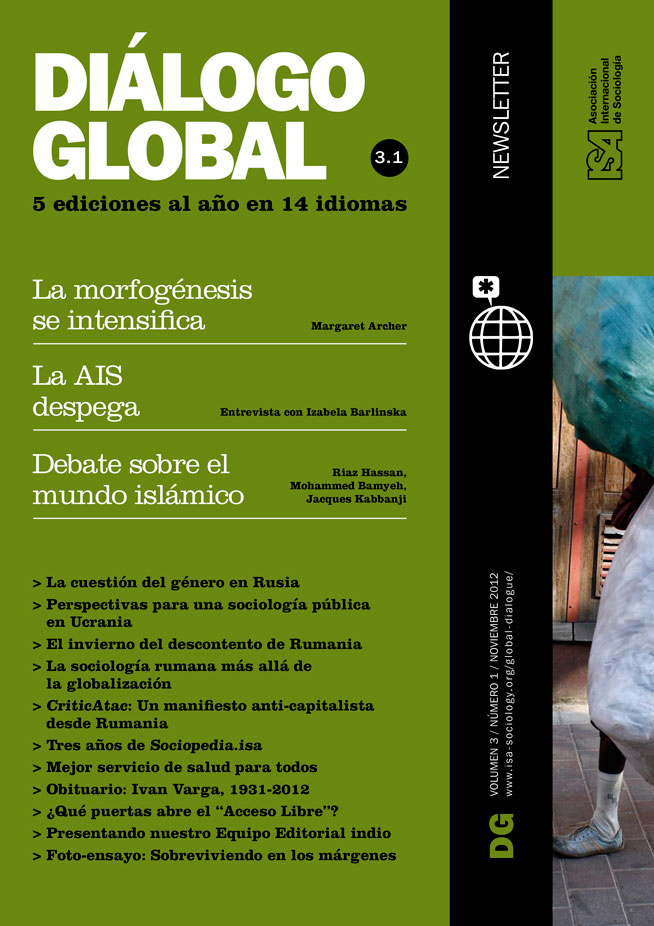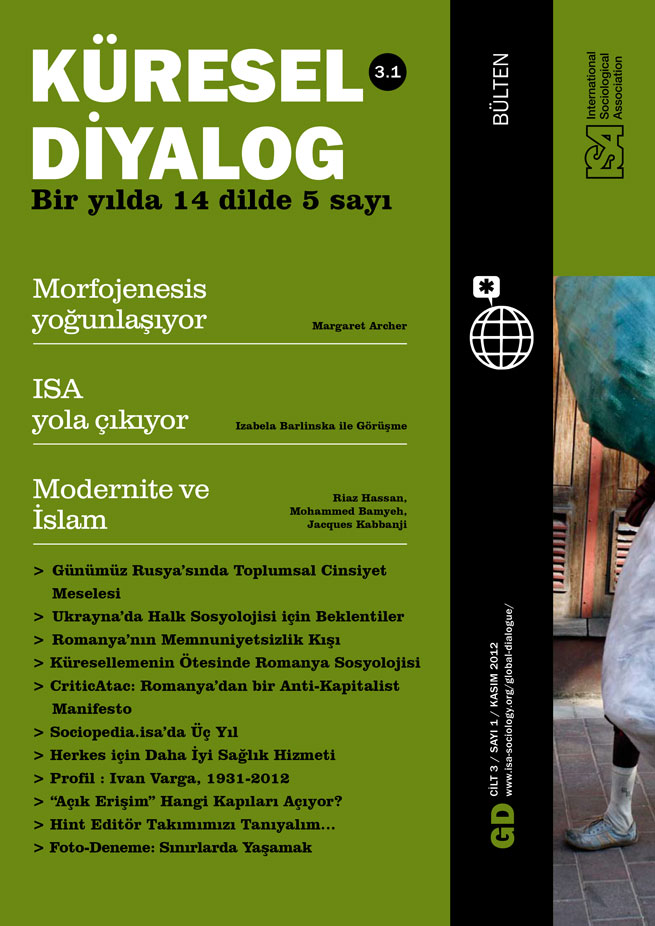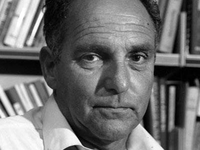Response to Hassan: The Limits of “Orientalism”
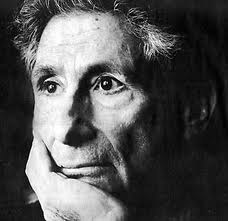
October 28, 2012
Since the end of 2010 popular uprisings have sprung up in rural as well as urban areas and spread to many Arab countries. While it is still difficult to predict their final outcome one thing is becoming clear: they express the determination of the populations in the Arab world to reject despotism and authoritarianism as destiny. They also express, partially at least, the affirmation of a common political actor: the “people.” Even though spontaneity is a characteristic of these uprisings, they are also distinctive in their social and political “massiveness.” As such, the “people” have emerged from the “state of powerlessness” to which they have been condemned by many scholars of Arab societies. This, among other features, constitutes a challenge to the most deep-rooted academic traditions in the study of Islam and Arab societies.
Since the early 1960s these traditions have been labeled “Orientalism.” Although this term has spread with the publication of Edward Said’s Orientalism in 1978, the idea goes back to 1963 when Anwar Abdel-Malek published a pioneering article with the title “Orientalism in Crisis.” Orientalism points to an intellectual attitude which approaches Oriental societies with a Western perspective. Their history and present are understood and analyzed as exceptional and self-generating. As Said formulates it, Orientalism marks the difference between the West and the East in cultural and essentialist terms. The West stands on the side of modernity, while the East is struggling with its religions (Islam in particular) and its history.
Ernest Gellner and Bernard Lewis, two prominent analysts who studied Islam and “Muslim” societies, represent this Orientalist vision of Arab societies. In their view Islamic culture (and ideology) and Islam’s peculiar history are crucial for understanding “Muslim society,” making both appear to be unique. Lewis, for example, is unambiguous in his judgment: “Many remedies have been tried – weapons and factories, schools and parliaments – but none achieved the desired result. Here and there they brought some alleviation, and even – to limited elements of the population – some benefit. But they failed to remedy or even to halt the deteriorating imbalance between Islam and the Western world.”[1] According to Gellner, Muslim society is a weak state with a strong culture.
Therefore, the perception of Muslim societies is based on a specific approach: it is the one that takes religion itself, Islam in this case, as the key concept in the analysis of these societies. The same approach is not applied to non-Muslim societies because they are not defined by their religious “identity.” Thus, in the scholarly discourse one is unlikely to find “Christian societies” or “Buddhist societies” as an analytical category, except in particular ethnographies. The truth of this reduction of Muslim societies to religion requires comparative evidence. Furthermore, Weber, who has inspired many scholars in their approach to society and religion, says specifically that no economic ethic has ever been determined solely by religion. Why, then, is this rule applied only to societies other than “Muslim” societies?
Having shown the inadequacy of the “essentialist” or “Orientalist” view we still have to ask what prevents “Muslim” societies from achieving the turn to modernity? This is usually the point of departure for approaches that see development as linear: if industrial capitalism has succeeded in the West (and other societies as well) so why has it not succeeded in the Muslim-Arab societies?
To answer this question some scholars use the answers provided by international organizations. Thus, according to Hassan “economic backwardness” and “democratic deficit” are found especially in Arab societies. The economic backwardness is not due to colonialism or geography or incompatibility but to the “Islamic law” in matters of partnership and inheritance. But then, we should ask, why the same societies that started applying positive laws since the 19th century, in the case of the Ottoman Empire (Turkey) and, to a less extent, Iran, and in the 20th century for other societies, have also failed to overcome this backwardness?
Turning to the “democratic deficit,” Hassan argues, it is the product of control structures developed in the centuries following the Arab conquests. Hence, “This concentration of power and weak civil societies are the enduring legacy of this historical institutional framework” (Chaney as cited by Hassan). This argument has its problems. First of all, recent history does not help it. Development in major historical cases has not been primarily the product of democratic structures or “a robust civil society.” Contrary to what we have been informed, South Korea as well as Brazil (and Turkey to some extent) have been forced to go through the industrialization process under dictatorial regimes, with a huge cost in workers’ life and rights. Furthermore, what can one say about China? Does it fit the “Western” perspective of “democracy and civil society” as a sine qua none condition for development?
Second, “tyranny of strongly held convictions and beliefs” does not impair “development or modernity.” It suffices to look at what is happening in the field of “knowledge and higher education” in Arab countries. American universities, or at least the American curriculum and ways of teaching, are growing everywhere in the Arab region. American English is the hegemonic language and the hegemonic value system. All this is happening within undemocratic structures of power and the tyranny of rigid beliefs. Furthermore, Islam, as religion and as ideology, seems to coexist well with this state of affairs.
Obviously Islam is central to the perception of “Muslim” and Arab worlds. But unfortunately it is mainly seen as an ideology. Thus, instead of allowing an unbiased approach to studying society it becomes an obstacle. Methodologically speaking, the Arab world is part of a global system that admits of no strictly national base for development. This has led to “revolutionary” upsurges from below: open markets, ideas circulating more or less freely, homogenization of institutions and workplaces. Any development process inside this system is limited and Islam can be mobilized by political and economic powers to justify the existence and persistence of these limits – power that also determine the way Islam is present in the market as well as in the public sphere. On the other hand, Arab revolts have shown that major popular demands have no necessary religious, i.e. Islamic, meaning. On the contrary the core democratic, political and economic demands express a clear preference for a secular state that provides social justice. This is why the attempt at the “Islamicization” of the post-uprisings period is paradoxically made in the name of social justice and economic reform rather than the full application of Islamic law. The uprisings have liberated the political will of ordinary people, opening a new terrain for new challenges. As social scientists, we have to sharpen our analytical tools since the old ones, especially those provided by Orientalism, have already demonstrated their inadequacy.
[1] Lewis, B. (2002) What Went Wrong? New York: Oxford University Press, pp.151-2.
Jacques E. Kabbanji, Lebanese University, Beirut, Lebanon

